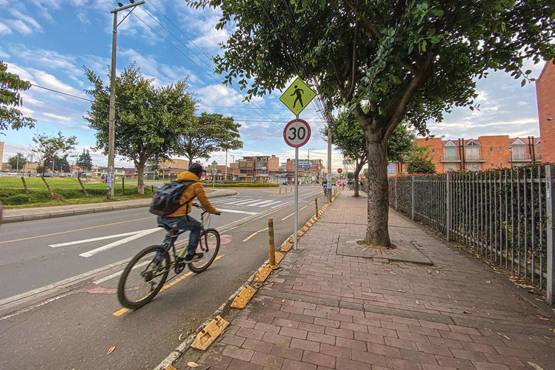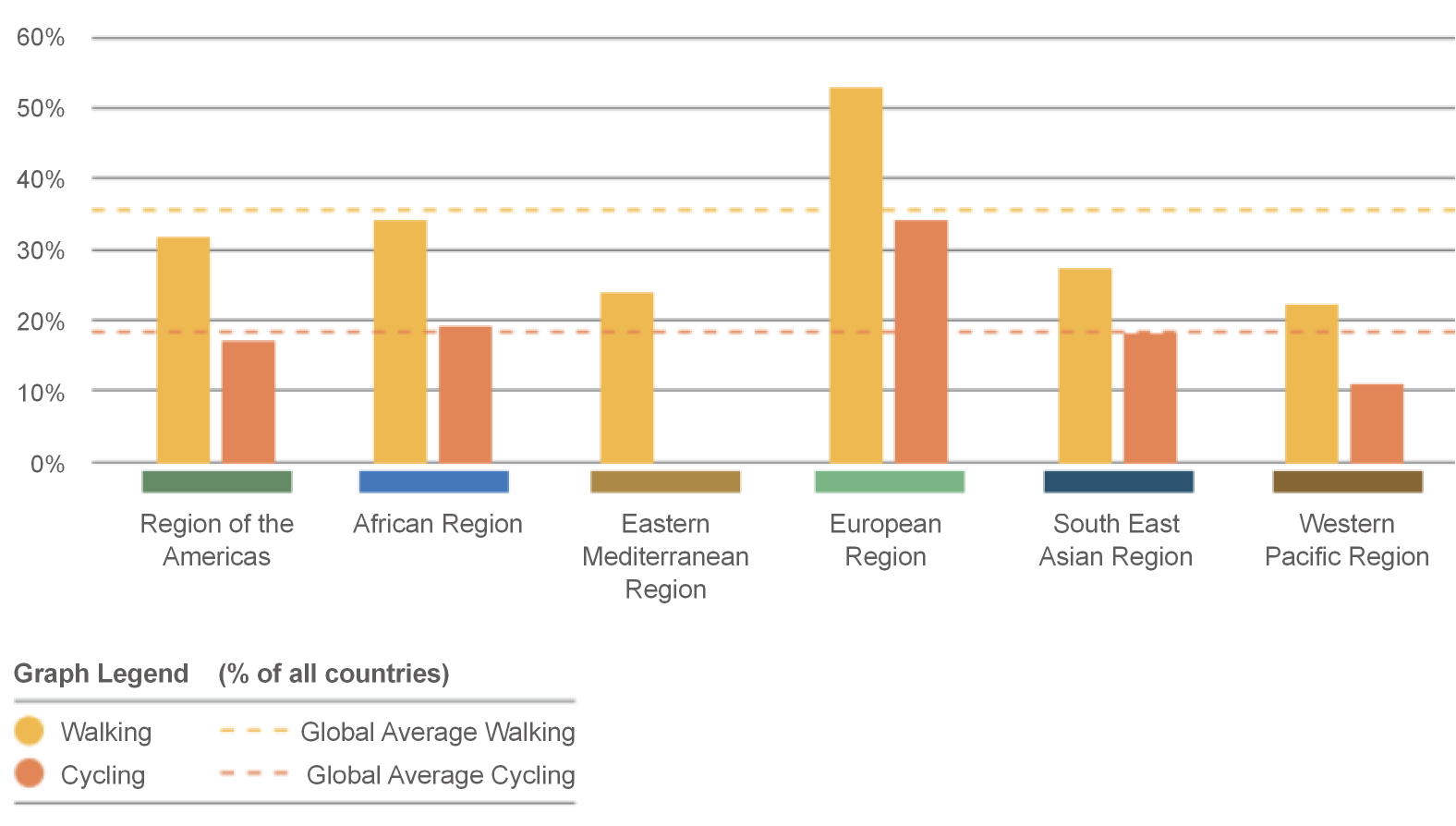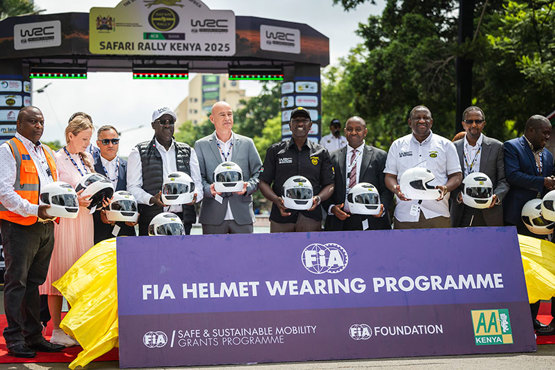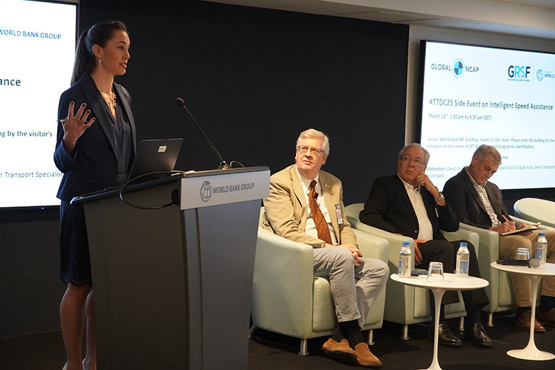PATH identifies blind spot in policy support for safer active travel

The Partnership for Active Travel and Health (PATH), supported by FIA Foundation, has launched a Safer Active Travel policy paper ahead of the 4th Global Ministerial Conference on Road Safety.
Every year, 21.7 million people are killed or injured while walking and cycling, yet only 15% of countries prioritise their safety in national policies. PATH’s Safer Active Travel policy paper reveals that over a quarter of road deaths involve pedestrians (23%) and cycling (6%), with fatalities increasing globally by 3% and 20% respectively from 2010-2021.

The report, ‘Safer Active Travel: Addressing a Global Blind Spot’, calls for urgent policy actions to address this global blind spot with effective public policies. It also calls for governments to contribute to achieving the Sustainable Development Goals and the Paris Agreement by joining the push for policies that unite practical actions to ensure the safety of pedestrians and cyclists.
The six key measures are:
- Enable reporting walking and cycling safety issues to influence policies and investments;
- Implement and enforce 30km/h (20 mph) zones around schools, workplaces and public spaces;
- Connect active travel road safety policies with climate, equity and health goals;
- Set clear targets, indicators and a common data collection standard on safe walking and cycling;
- Train relevant stakeholders on delivering effective active travel actions; and
- Commit to action and investment as part of the UN Decade of Action Sustainable Transport (2026-2035).
Sheila Watson, FIA Foundation Deputy Director, said: “Investment in active travel is a vital but too often overlooked solution to many of our shared global challenges. Addressing our needs when we walk and cycle has the potential not only to reduce the devastating impact of road traffic incidents, but also to improve air quality, slow the pace of climate change, and enhance health & equity. It is literally a win-win. PATH’s latest report highlights the inexplicable policy blind spot in this area. It is a very welcome intervention and I urge those attending the Global Ministerial on Road Safety next week to pay close heed to its call for urgent action.”
Read the report here.



